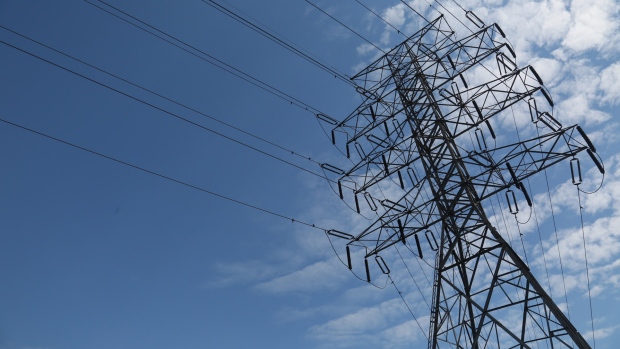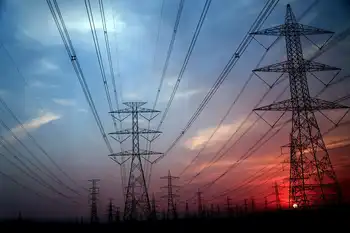Hydro pay packages unplugged
By Toronto Star
Substation Relay Protection Training
Our customized live online or in‑person group training can be delivered to your staff at your location.

- Live Online
- 12 hours Instructor-led
- Group Training Available
The report has been prepared by a panel chaired by James Arnett, a former CEO of Molson Inc. who was appointed by the government in January after NDP Leader Howard Hampton raised a stink over "hydro fat cats" in the Legislature.
Hampton pointed out that 15 executives in Ontario's public energy sector make more than the top person at Hydro Quebec (about $470,000). Topping Hampton's list is Jim Hankinson, president of Ontario Power Generation (OPG), at $1.48 million. In appointing the Arnett panel, Energy Minister Dwight Duncan seemed to agree with Hampton's analysis. "We've asked the panel to recommend compensation arrangements that are more in line with comparable public energy organizations in other jurisdictions," he said.
The solution seems simple, then. Cut the top salaries down to Hydro Quebec's level. But then the government will encounter Newton's third law: to every action there is an equal and opposite reaction.
Hankinson and his executive team might quit, and OPG's board of directors might go with them.
William Sheffield, a member of the OPG board and chair of its compensation committee, defended the salaries in an appearance before a legislative committee in February. He said that OPG executives make "about half" of what they could get in the private sector.
"Our people are well-paid, yes," said Sheffield. "Are they paid above market? No. They're paid below private-sector market but at the top of the utility sector because it (OPG) has the most complex and important assets in the business."
Those assets include the Darlington and Pickering nuclear power plants. The people who run those plants are in high demand around the world. Or, as Sheffield put it to the committee, "the market for nuclear executives is very thin." That means their pay is high.
For example, Greg Smith, OPG's senior vice-president for nuclear generation development and services, made $900,000 last year.
So if the government chops Hankinson's salary down to, say, $500,000, it is also going to have to reduce Smith's pay – to, say, $450,000. And Smith is going to walk away, either to Bruce Power, the province's privately owned nuclear operator, or to the United States. And it won't end there.
If the salary of the top nuclear executive goes south, so, too, will the pay of the general managers and the assistant general managers of the plants, and so on down the list.
Eventually, at the lowest level of management, OPG will encounter a "pay compression" problem: management will be getting less than the highest-paid unionized employees. (Of the 5,518 OPG staffers on this year's list of public-sector employees making more than $100,000, a staggering 4,525 of them were unionized.)
In other words, a seemingly simple reduction in Hankinson's salary could start a chain reaction of events that would cripple Ontario's major supplier of electricity.
On the other hand, if the government doesn't cut the pay of executives, it will open the door for Hampton to rail against "fat cats" in the fall election campaign.
A footnote: The Arnett panel report was originally expected a few weeks ago. Sources say that one of the reasons for the delay is that the panel has been trying to verify the pay of executives at Hydro Quebec. It seems they make more than what has been publicly reported.











